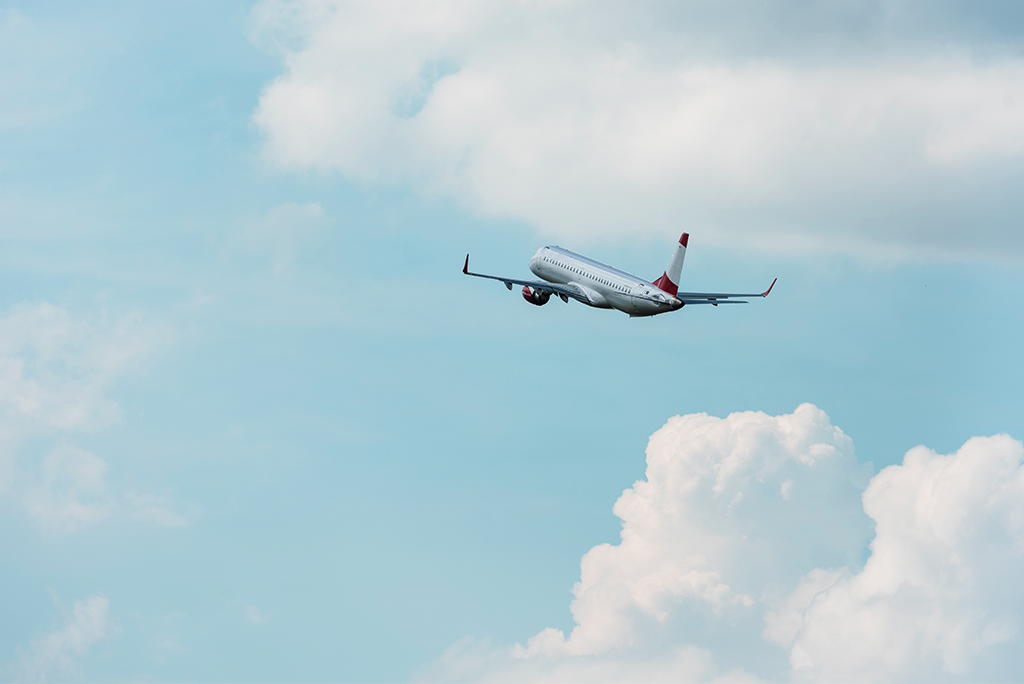
While the government’s vision is to have driverless cars on the road by 2021, new research shows that 57% of UK citizens wouldn’t feel safe in an autonomous vehicle (AV). However, nearly two-thirds of respondents said they feel safe when flying aboard an airplane.
What many respondents may not realize is pilots train in a similar manner to AV testing. Through the use of simulation, pilots undergo rigorous testing and training to ensure flight safety. Similarly, simulation enables autonomous driving systems to experience various situations in order to gradually increase its confidence.
Autonomous vehicle systems are essentially put through a much more rigorous “driving test” than people drivers, but many people still remain skeptical of its safety. Some airlines even require their pilots to use the autopilot feature during cruise flight because it performs more efficiently.
“For the government’s 2021 vision to become a reality, autonomous cars must not only ‘be’ safe, but also be perceived as safe by the public.” —Dr. Alvin Wilby, Vice President of Research, Innovation, and Technology at Thales UK
The research also shows that 23% of the UK public feel apprehensive about the prospect of fully autonomous vehicles and 20% feel fearful. When it comes to autonomous aircraft, the number of people who feel fearful increases by 6%. Despite the apprehention, 28% of people believe autonomous airplanes will move goods and people within the next ten years.
Dr. Wilby says, “We’ve reached a point where flying cars and pilotless planes no longer reside in science fiction. While it could take some time before we actually see fully autonomous large-scale commercial passenger flights, we feel that we are moving to single pilot operations (SPO), something we will see in the next ten to fifteen years.”
“However, it is important that the industry fully understands the problems that could arise— namely, the interaction between humans and machines,” continues Wilby. “For example, in the case whereby the ‘pilot’ is on the ground— linked to an airplane’s flight management systems via the cloud where the aircraft and air traffic control are in permanent contact— how we can ensure the communications between man and machine are clear enough so that smart and accurate decisions are made? Getting this right will be crucial to consumers’ adoption of the technology.”
But First, Autonomous Vehicles
Because several companies are testing AVs in the race to release the first fully-autonomous vehicle, AVs will likely be in use before pilotless planes. Prepare your organization with training in foundational and practical applications of autonomous, connected, and intelligent vehicle technologies with IEEE.
Developed by leading experts in rapidly-developing AV technologies, IEEE Guide to Autonomous Vehicle Technology is a seven-course training program featuring in-depth case studies, an overview of deep learning algorithms, and more.
Resources
Wilby, Alvin. (24 Apr 2019). Self-driving cars and pilotless planes. Tech UK.
Rice, Stephen. (7 Jan 2019). Would You Fly on a Plane Without a Human Pilot?. Forbes.


No comments yet.